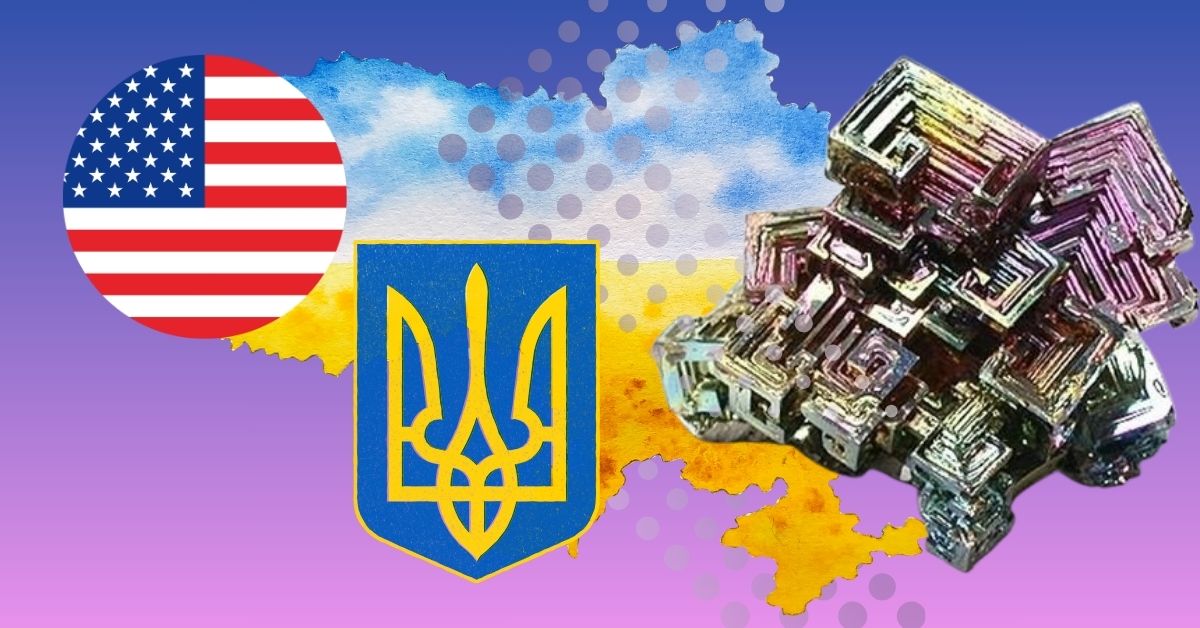The Dublin based US-backed TechMet Ltd has its eyes on Ukraine’s Dobra lithium project. CEO Brian Menell says they’ve been sizing it up since 2023. But there’s a twist, progress could hinge on a minerals deal between Washington and Kyiv. And after a chaotic meeting between Presidents Zelenskiy and Trump in February, that’s looking uncertain. Despite some over the top claims about Ukraine’s rare earths, the country does have serious mineral potential about a third of Europe’s lithium is sitting there.
During his recent appearance on Bloomberg’s “The Opening Trade,” Menell highlighted how Ukraine’s vast yet underdeveloped resources could reshape global supply chains for green energy, defense, and high-tech industries, while outlining prerequisites for economic viability.
Unlocking Ukraine’s Mineral Potential
Menell pointed to Ukraine’s abundance of strategic minerals, including lithium, titanium, and elements crucial for advanced batteries and electronics. “There’s immense potential here,” he stated, noting that Soviet-era geological data indicates significant reserves. However, he emphasized that outdated surveys, infrastructure gaps, and complex regulations present major obstacles to investment.
Key Requirements for Successful Development
According to Menell, moving forward requires:
- Modernising data and infrastructure through updated geological mapping and improved transport and processing facilities
- Implementing regulatory reforms and investment incentives with streamlined permitting and clearer policies to lower capital barriers
- Ensuring security and political stability through robust guarantees to protect long-term investments amid regional volatility
Impact of a Potential US-Ukraine Minerals Deal
A minerals agreement between the US and Ukraine could significantly boost Ukraine’s economic recovery while reducing Western dependence on Chinese supply chains. “A well-structured US-Ukraine minerals deal could be a game-changer,” Menell asserted, suggesting deeper US involvement could promote modernized mining projects aligned with international environmental and operational standards.
While Ukraine’s mineral wealth presents substantial opportunities, Menell acknowledged that development requires decades of sustained investment. His insights align with broader discussions viewing critical minerals as the next frontier in geopolitical strategy.
As global powers compete for essential resources, Menell underscores the need for a coordinated, transparent, and secure investment framework in Ukraine that balances economic opportunity with strategic imperatives of national security and sustainable development.
